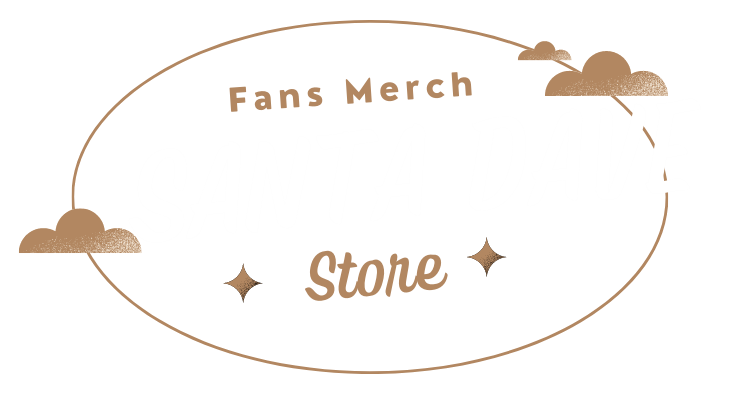Rage Against the Machine (RATM), formed in 1991, is not just a band; it’s a phenomenon that has revolutionized the way music can serve as a powerful tool for protest. Combining elements of hip-hop, punk, and metal, RATM’s sound is as aggressive as their messages. Their music addresses a range of social and political issues, from corporate greed and government corruption to systemic racism and inequality. By channeling their anger and activism into their music, RATM has inspired countless fans and activists worldwide, demonstrating the undeniable power of music as a form of protest.
From their self-titled debut album in 1992 to their more recent activities, RATM’s music has consistently challenged the status quo. Their debut album, featuring hits like “Killing in the Name” and “Bullet in the Head,” set the tone for their career. The former song, with its repetitive and explosive chant of “F**k you, I won’t do what you tell me,” became an anthem of defiance against oppression and conformity. The incendiary lyrics, coupled with Tom Morello’s innovative guitar work, created a soundscape that was both rebellious and revolutionary.
RATM’s influence extends beyond their albums and live performances. The band has always been vocal about their causes, using their platform to amplify marginalized voices and support various social movements. For instance, their 1999 album “The Battle of Los Angeles” addressed issues such as police brutality, the Zapatista uprising in Mexico, and the exploitation of workers. Through songs like “Testify” and “Sleep Now in the Fire,” RATM continued to merge music with a message, urging listeners to be aware and to act.
One of the most significant aspects of RATM’s legacy is their live performances. These aren’t just concerts; they are rallies, where music becomes a call to action. Their 2000 protest concert outside the Democratic National Convention in Los Angeles is a prime example. The event was a direct challenge to the political establishment, with the band performing on a flatbed truck to a crowd of thousands, advocating for political change and denouncing the two-party system. This blending of music and activism set a precedent for future generations of musicians who see their work as a vehicle for social change.
RATM’s message and ethos have also found expression through their merchandise and online presence, notably through the “Rage Against the Machine Shop.” This official store doesn’t just sell band merchandise; it serves as an extension of the band’s activism. The shop offers a variety of items, from apparel to posters, all emblazoned with powerful imagery and slogans from their music. The proceeds often support various social justice causes, ensuring that fans can contribute to the movements that the band champions. The “Rage Against the Machine Shop” embodies the band’s commitment to using every available platform to promote change and awareness.
The impact of RATM’s music as protest is far-reaching. Their fusion of aggressive music and radical politics has inspired numerous bands and artists across genres. Bands like System of a Down, Muse, and Prophets of Rage (which includes members of RATM) have followed in their footsteps, using their music to address political and social issues. The influence of RATM can also be seen in the rise of protest music in hip-hop, punk, and even pop, as more artists recognize the power of their platform to incite change.
In a world where political apathy and cynicism are rampant, RATM’s music serves as a reminder of the power of collective action. Their songs are a rallying cry for those who refuse to accept injustice and inequality. By transforming their anger and frustration into powerful anthems, RATM has shown that music is not just entertainment—it’s a weapon, a form of protest that can inspire and mobilize people to fight for a better world.
In conclusion, Rage Against the Machine exemplifies how music can transcend entertainment and become a potent force for social and political change. Through their powerful lyrics, dynamic performances, and relentless activism, they have demonstrated the profound impact that music can have as a form of protest. Whether through their incendiary albums, their electrifying live shows, or their activist endeavors like the “Rage Against the Machine Shop,” the band continues to inspire and provoke, reminding us all of the power of music to challenge, resist, and transform.

